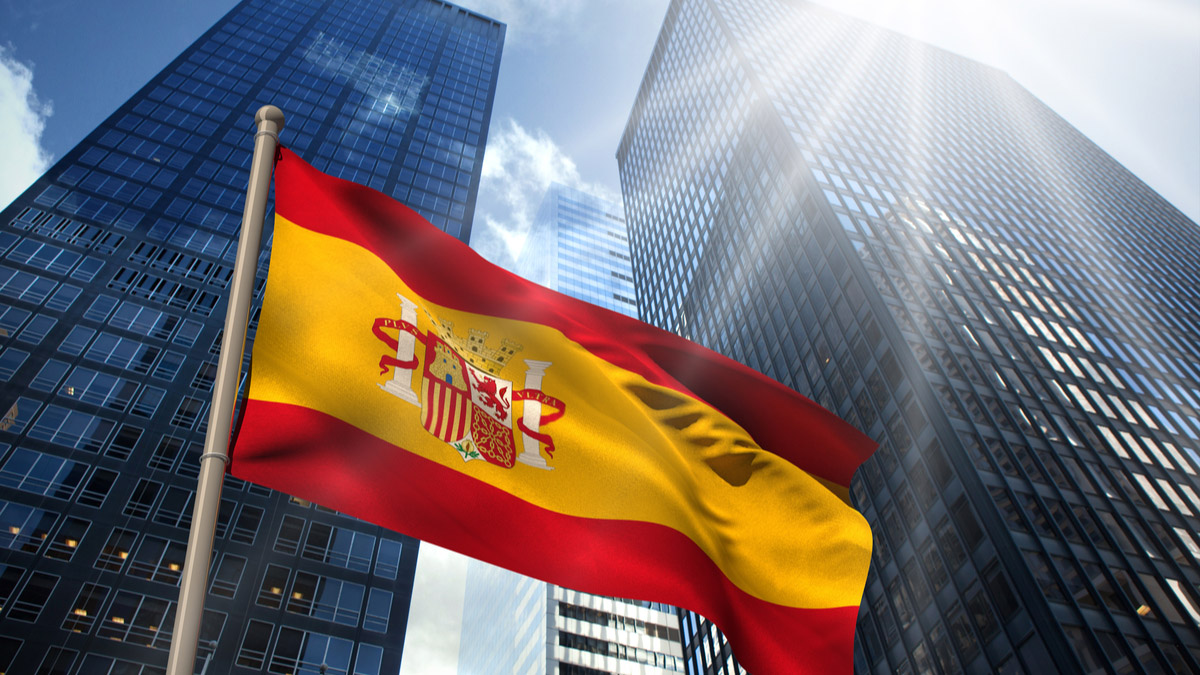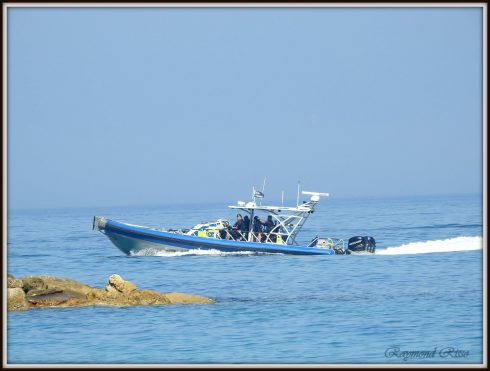SETTING up a Spanish Limited Company is a relatively straightforward process.
In fact, many investors who are looking to start a business will immediately think of the colloquially known as ‘SL company’, formed via a notarial deed of company incorporation.
And for many too, that’s about as knowledgeable as they get with these types of business structures.
Below is a list of ‘must knows’ for any SL owner or director
SLs are not devised for one-man bands: The Spanish Hacienda, whilst accepting that an SL is a legitimate form of conducting business, will not accept those that lack an infrastructure to carry out the commercial or professional activity – whether human or material resources (staff, office etc.) – e.g. people who work from home. These companies are described as ‘dummy’ or ‘shell’ companies and operating through them could be challenged by the Tax Office. This is the case too with services where the company could not exist without the founder: think of medical doctors, dentists, singers, elite sportsmen and women etc.

SLs cannot be ‘closed down’
I typically hear people talk about closing a company down when debts become insurmountable. A company can only be closed if there are no debts.
If there are, the director is obliged to file for bankruptcy within two months after it becomes insolvent, at the courts.
High vs low share capital
Unless you are looking to show financial credibility with your potential clients or lenders, shareholders and directors should go for a lower share capital; the lower this figure is the less they will be personally responsible for.
But this has downsides too
If a company has a net worth below 50% of the share capital, it is technically insolvent, being a legal ground for forcible wind up.
An SL is not a personal piggy bank
Company money and personal money are separate, no matter how much we try to try to stretch it; logic and common sense must prevail here.
Here are some tips of what is deductible and what not
Shopping list (if consumed by the business), clothes (only if they have a logo or anagram of the SL), vehicles and petrol linked to the SL, business meals (up to 1% of the net income of the SL). Not deductible are holidays, new home kitchen, kids schools, etc.











